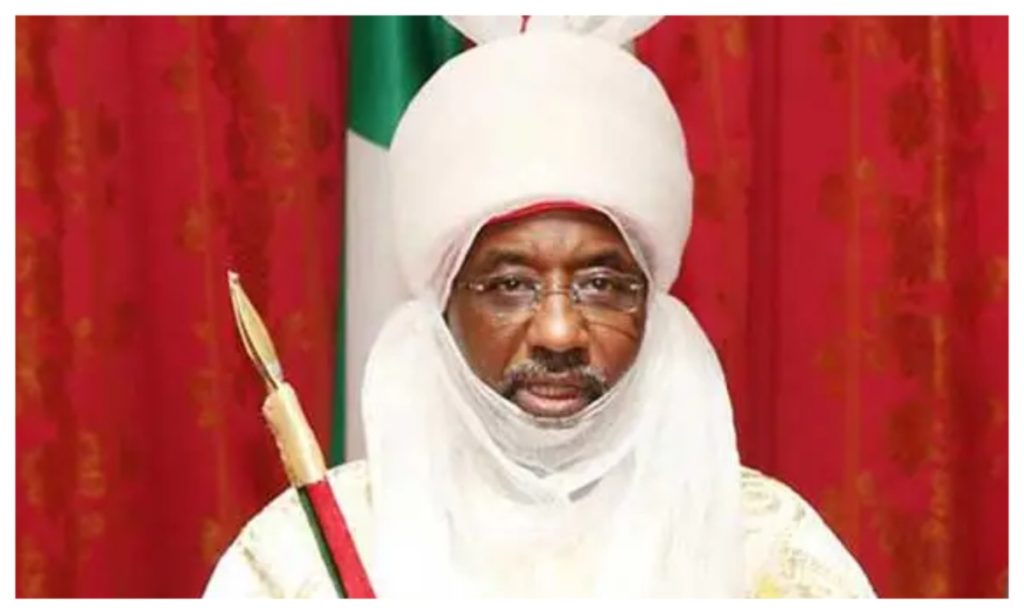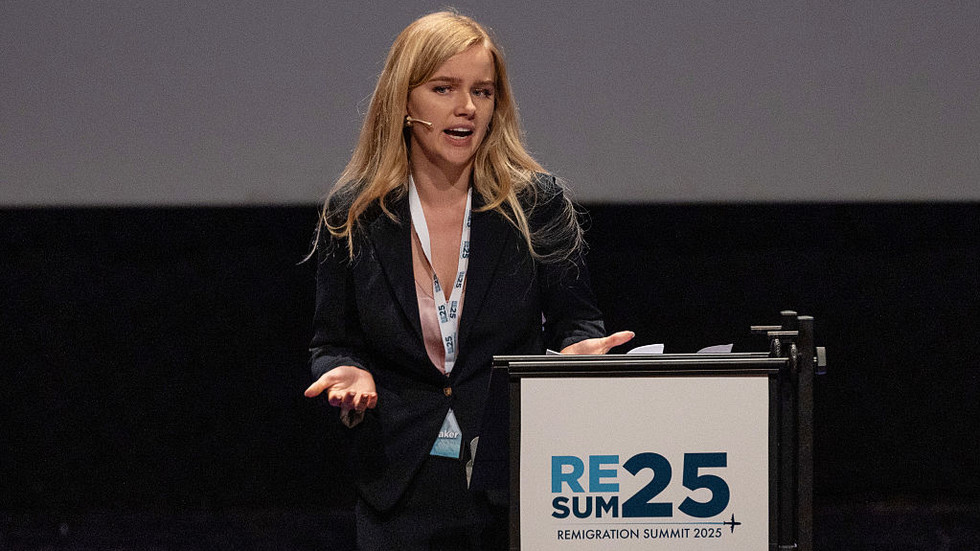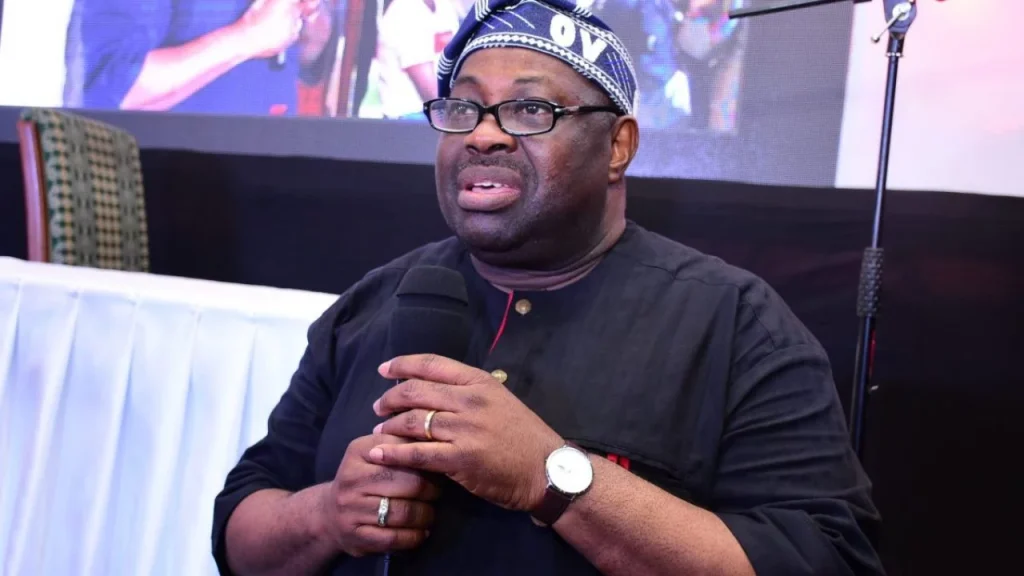Abuja, June 4, 2024 – In a significant development, the Nigeria Labour Congress (NLC) and Trade Union Congress (TUC) have suspended their indefinite strike following a breakthrough in negotiations with the Federal Government. The agreement was reached late Tuesday night, as disclosed by Senator George Akume, Secretary to the Government of the Federation.
Key Points of the Agreement
The four-point resolution was formalized and signed by notable figures including the Minister of Information and National Orientation, Mohammed Idris, Minister of State Labour and Employment, Nkeiruka Onyejeocha, NLC President Joe Ajaero, and TUC President Festus Osifo.
Central to the agreement is the Federal Government’s commitment to implementing a new minimum wage above N60,000. A tripartite committee will meet daily over the next week to finalize the exact figure. Additionally, the resolution guarantees that no workers will be victimized as a result of the strike.
Background of the Strike
The strike commenced on June 3, 2024, following a deadlock in earlier negotiations between labor leaders and the government, which failed to address demands for a higher minimum wage and the reversal of recent electricity tariff hikes. The nationwide strike resulted in the shutdown of critical sectors including aviation, power, banking, ports, road transport, and telecommunications, severely impacting the Nigerian economy.
Impact of the Strike
The strike brought Nigeria’s economy to a standstill, with widespread disruptions. Airlines canceled flights, leading to stranded passengers at major airports such as Murtala Muhammed International Airport in Lagos and Nnamdi Azikiwe International Airport in Abuja. The shutdown of the national grid by the Transmission Company of Nigeria plunged the country into darkness, further straining manufacturers and small businesses reliant on costly diesel and petrol.
Banks and financial institutions were also affected, with many branches across major cities including Abuja, Kano, Lagos, and Delta closing operations. Public offices and the National Assembly Complex were similarly shut down by striking workers, exacerbating the economic challenges facing the country.
Reaction and Future Steps
A senior labor executive, speaking anonymously, confirmed that the indefinite strike would be suspended, allowing for resumed negotiations with the government. This follows the government’s new commitment, which is seen as a positive step towards resolving the ongoing disputes.
However, the labor unions have previously proposed a minimum wage of N494,000, significantly higher than the government’s initial offer of N60,000. This discrepancy underscores the need for both parties to adopt a more empirical and realistic approach in their negotiations.
Expert Opinions
Industry experts have weighed in on the situation, emphasizing the need for a balanced and feasible resolution. Dr. Alex Nwuba, President of the Aircraft Owners and Pilots Association of Nigeria, and Capt. John Ojikutu, an aviation security expert, both highlighted the importance of a sustainable minimum wage that considers the economic realities and the welfare of workers.
Moreover, Kunle Olubiyo, President of the Nigerian Consumer Protection Network, suggested that full privatization of the power sector could prevent future disruptions like the national grid shutdown witnessed during the strike.
Conclusion
As negotiations continue, the resolution to suspend the strike marks a crucial step towards stabilizing Nigeria’s economy and addressing the demands of its workforce. The government and labor unions are now tasked with finding a sustainable and mutually agreeable solution to the ongoing wage dispute.



